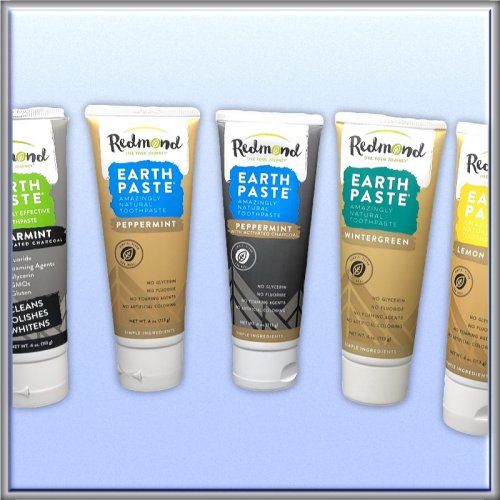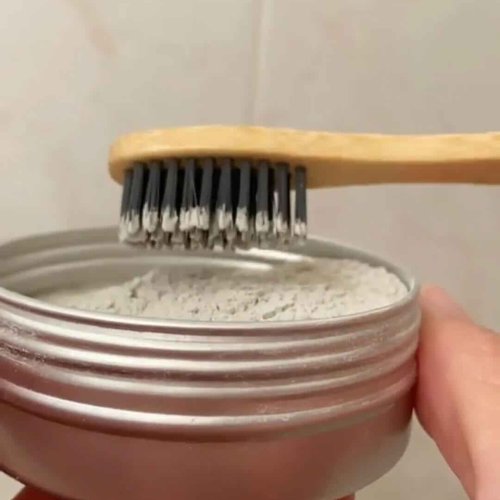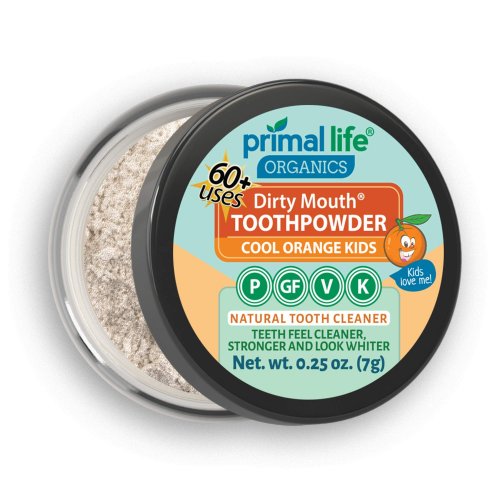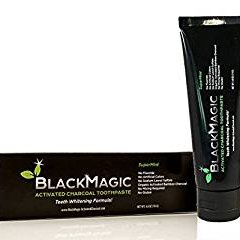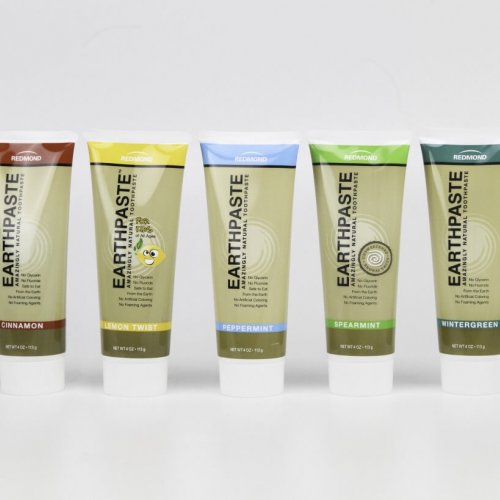
Toothpaste has been around for thousands of years; about 7000 actually. Of course it has evolved quite a bit over the millennia, finally going commercial in 1873. But does commercial status and ADA approval mean it's a healthy choice?
Most commercial toothpastes today contain ingredients approved by the FDA to satisfy specific product features:
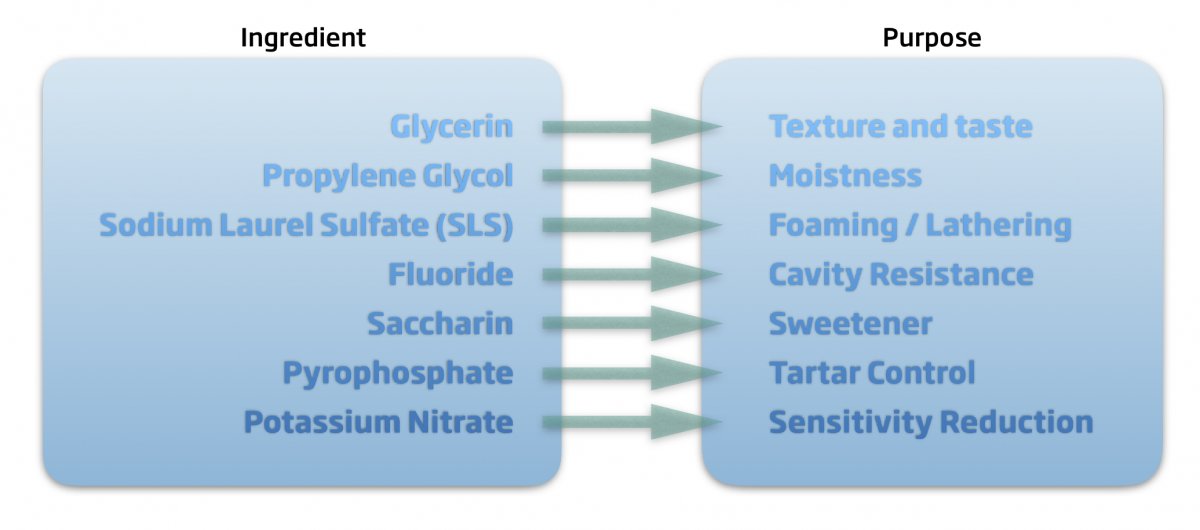
As you might imagine, prior to going commercial, toothpaste had none of these ingredients. So are we better off now with all of these fancy chemicals?
I view the body as a temple. Although using a toothpaste with all of the above ingredients won't kill you, it certainly isn't benign. We are of course careful to rinse and spit out toothpaste, but some is undoubtedly being swallowed on a frequent basis and even more is being absorbed thru the thin oral mucosa and the underlying capillary beds (under the tongue and in the cheeks).
Glycerin
Glycerin keeps toothpaste moist, creamy, smooth, and improves the flavor. However, it also leaves teeth coated and clogged with glycerin. This is potentially quite harmful!
Teeth are in a constant state of mineral flux. When we eat, drink, or even brush, minerals are lost. During unused downtimes and with good nutrition (vitamins such as vitamin K2 and minerals such as magnesium) teeth will replenish their minerals. But they can't if the delivery system (microscopic dentinal tubules) is clogged with glycerin after brushing.
The longer teeth are coated with glycerin, the lower their overall ability to replenish minerals becomes. This means the more you brush with toothpaste, the weaker and more sensitive your teeth may become. In fact, not only does a lower mineral content make teeth more sensitive, it also makes them more vulnerable to forming cavities.
Glycerin is often made using cringeworthy chemical processes. Further, the glycerin coating on teeth can even accumulate more plaque.
My advice: avoid using toothpaste with glycerin.
Sodium Laurel Sulfate (SLS)
We tend to like the foaming and lathering action of toothpaste. It certainly makes it feel like it cleans better. But is exposing your tissues to SLS worth it?
SLS is a known skin irritant, quite a potent one. Its inclusion in many healthcare products has stirred up quite a ruckus lately. It has also been known to trigger canker sores (aphthous ulcers) in the mouth for many sensitive individuals. These sores are a painful nuisance that make eating quite unpleasant.
Repeated tissue injury can even lead to, you guessed it, cancer.
My advice: avoid using products with SLS.
Pyrophosphate
Tartar control is something that needs to be accomplished by proper diet, nutrition, and hygiene habits, not by using wild chemistry. Pyrophosphate often causes tissue sloughing in the mouth as a side effect.
My advice: avoid using products with tartar control claims.
Potassium Nitrate
Sensitive teeth, or dentin hypersensitivity, can make it quite uncomfortable to consume cold, hot, sweet, or sticky foods. If this affects you, it is extremely important to find out why your teeth are sensitive in the first place: Gum recession? Inflammation? Cavities? Poor mineralization? Fractures? Bite imbalances? Acid exposure? Defective crowns or fillings?
Anti-sensitivity toothpaste can mask the symptoms, but cannot address the cause. Potassium nitrate suppresses the tooth's nerve so you may not feel as much, but this is not a wise thing to do. Symptoms (pain or sensitivity) are your body's way of letting you know something is wrong. By masking the symptoms, the problem is allowed to silently grow. Gum recession gets worse. Inflammation spreads. Cavities grow. This leads to more damage, more disease, and more cost.
My advice: learn why your teeth are sensitive and deal with the issue immediately. Simple remedies like ozone applications can usually heal gumline sensitivity in as little as 1 minute! Ask your biological dentist or hygienist about this. Also, using a glycerin-free toothpaste can be more effective than using anti-sensitivity toothpaste — especially long-term.
Fluoride
There is a lot to say about fluoride. Please read my fluoride page or talk to me in person about it.
My advice: avoid fluoridated products of any kind.
Choosing a Toothpaste
It might seem like a challenge to find a toothpaste given all of the above ingredients we want to avoid. Luckily there has been plenty of attention given lately to holistic needs in the dental market. Here are some ideas:
Earthpaste — this toothpaste is made of Redmond clay. It has very few ingredients which include none of the harmful list above. I've used Earthpaste for years, however a recent formulation change brought "nano silver" into their ingredient list. I'm not convinced (yet?) that nano silver is safe. Luckily, Earthpaste also makes a powder instead that is silver-free.
Wellnesse — makes a couple toothpastes that aren't too bad.
Stone & Spear — makes an intriguing and quite effective tooth powder if you aren't opposed to using animal products.
VanMan — also makes a few different tooth powders with impressive ingredients including natural hydroxy-apatite: Mint-Bone, Eggshell, and Cinna-Bone.
Make your own — there are many online recipes if you are so inclined. If you're not totally happy with the alternatives to commercial toothpastes, then I would look into making your own. Simple ingredients like coconut oil, salt, and baking soda go a long way!
Popular Brands
What about Tom's of Maine? — this brand was originally a small family operation with an all-natural philosophy. In 2006 Colgate bought them out and corrupted the ingredients by bringing in sodium laurel sulfate and "commercializing" the popular natural alternative. Tom's still rides on its original reputation, but it's just another big-name commercial product. My advice: steer clear.
How about "Hello?" — glycerin and titanium dioxide. No thanks.
Dr. Bronner's? — glycerin and citric acid. No thanks.
Boka? — glycerin, benzoate, sarcosinate, sorbitol, flavoring. No thanks.
Risewell? — glycerin. No thanks.
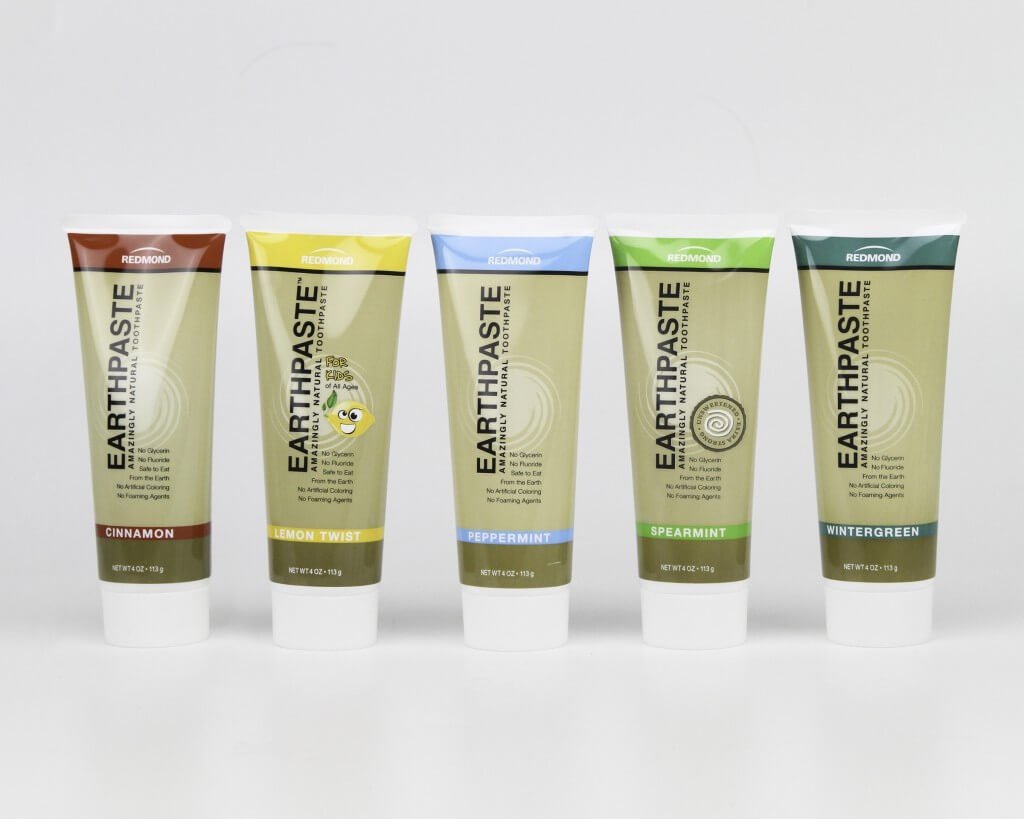
Categories: Products




